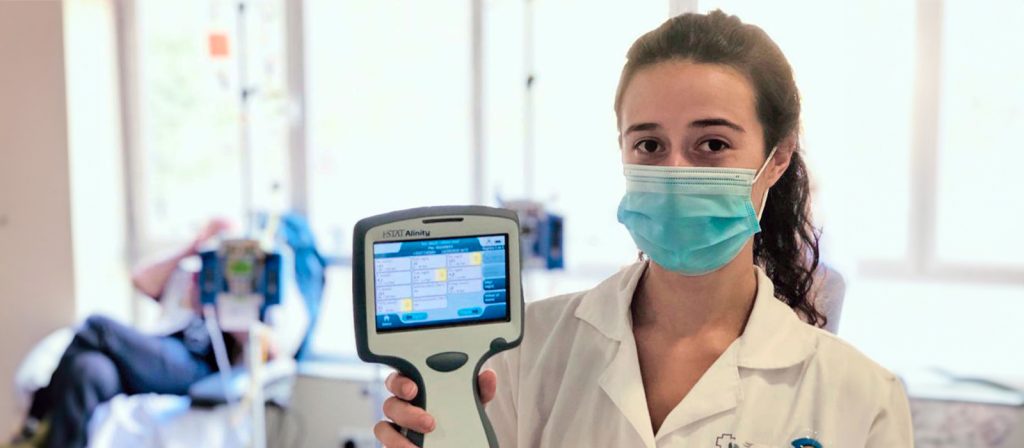In the realm of family health, navigating the vast sea of information can be overwhelming. From newborn care to managing chronic conditions, families often find themselves in need of guidance from trusted health providers. Fortunately, these professionals are not only equipped with medical expertise but also possess invaluable insights into the holistic well-being of families. Through proactive education, personalized care, and ongoing support, health providers play a vital role in empowering families to lead healthy lives. One of the primary responsibilities of health providers is to offer proactive education to families. This involves equipping them with essential knowledge about various aspects of health, including nutrition, exercise, preventive care, and child development. By providing evidence-based information in a clear and accessible manner, health providers empower families to make informed decisions about their health. Whether it is discussing the importance of vaccinations for children or offering guidance on healthy lifestyle choices, education forms the cornerstone of preventive healthcare.

Moreover, health providers understand the unique needs of each family member and offer personalized care accordingly. From infancy to old age, individuals within a family may have different health requirements. Health providers conduct thorough assessments and develop tailored care plans to address these needs comprehensively. Whether it is managing a chronic illness, supporting mental health, or promoting healthy habits, personalized care ensures that each family member receives the attention and assistance they deserve. In addition to education and personalized care, health providers offer ongoing support to families, particularly during challenging times. Coping with illness, injury, or major life transitions can be emotionally taxing for families. Health providers serve as compassionate allies, offering not only medical expertise but also emotional support and guidance. Whether it is through counseling, support groups, or referrals to specialized services, health providers help families navigate adversity with resilience and strength.
Furthermore, health providers recognize the importance of fostering collaboration and communication within families. They encourage open dialogue about health-related concerns and facilitate shared decision-making processes. By promoting active participation and involvement, health providers empower families to take ownership of their health and well-being collectively. This collaborative approach strengthens familial bonds and fosters a supportive environment conducive to optimal health outcomes. Health providers play a crucial role in caring for families by offering guidance, education, personalized care, and ongoing support visit the site. Through their expertise and dedication, they empower families to make informed decisions, adopt healthy habits, and navigate challenges with resilience. By fostering collaboration and communication, health providers strengthen familial relationships and contribute to the overall well-being of families. In essence, their role extends beyond medical treatment to encompass holistic care that addresses the physical, emotional, and social dimensions of family health. As trusted allies, health providers are instrumental in helping families thrive and lead fulfilling lives.
